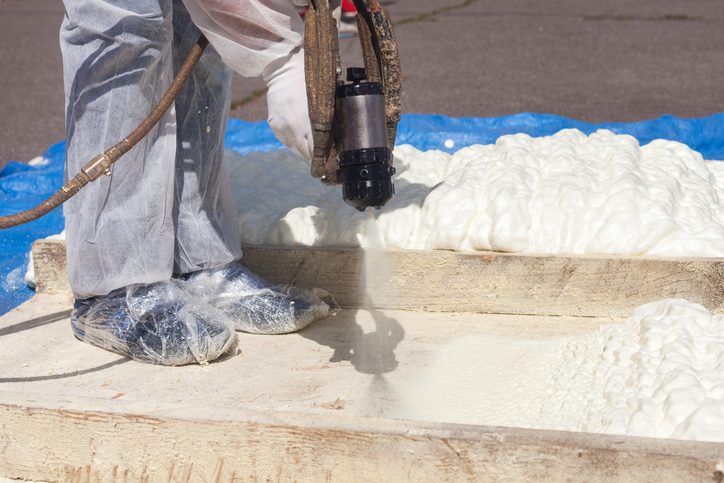
26
Jun 24How Polyurethane Roofing Enhances Energy Efficiency
- June 26, 2024
Save Money by Investing in Polyurethane Roofing
Polyurethane roofing — particularly spray polyurethane foam (SPF) — was popularized in the late 1970s as an energy-efficient solution for roofing applications. Over the decades, it’s proven to be a game-changer for both commercial and residential buildings.
Read more
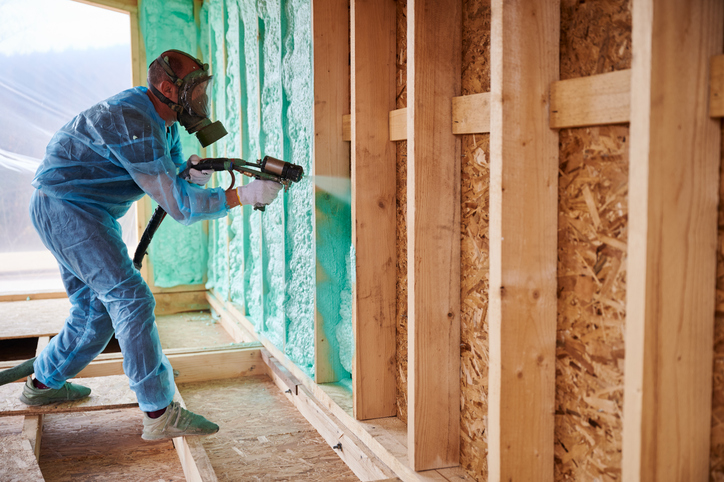
31
May 24Exploring the Benefits of SPF Insulation
- May 31, 2024
Is SPF Insulation Right for Your Project?
When it comes to building residential and commercial structures, there are a lot of decisions to make. Among them is the type of insulation you’ll use.
Read more

02
May 24The Role of Structural Foam in Modern Industries
- May 2, 2024
What is Structural Foam?
Structural foam is an umbrella term for a wide range of materials with a microcellular structure.
Read more
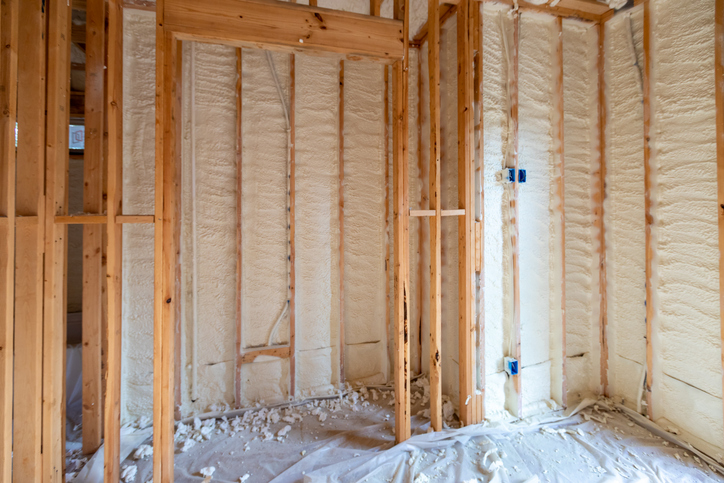
27
Mar 24Closed-Cell Spray Foam: What is it and is it Right for You?
- March 27, 2024
Should You Use Closed-Cell Spray Foam for Your Application?
In both commercial and residential building projects, you must choose what kind of insulation you want to use. There are a variety of options out there, one of the most popular being closed-cell spray foam. But, how do you know what’s right for you? In this blog, we’re diving into the closed-cell option and comparing it with other popular insulation materials, like fiberglass, cellulose, and open-cell spray foam. Let’s get started.
Read more
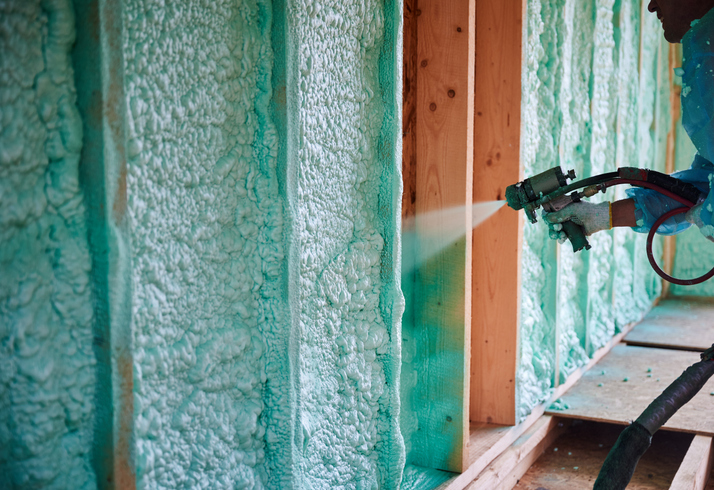
29
Feb 24What is Open-Cell Spray Foam?
- February 29, 2024
Is Open-Cell Spray Foam Right for Your Application?
Whether you’re constructing a commercial or residential property, you’ll have to decide on a type of insulation for the project. With so many options to choose from — fiberglass, cellulose, open-cell spray foam, or closed-cell spray foam — it can be difficult to discern what’s right for you. Here, we’ll help you understand what open-cell spray foam is and why it’s likely the right choice for your residential or commercial project. Let’s dive in.
Read more
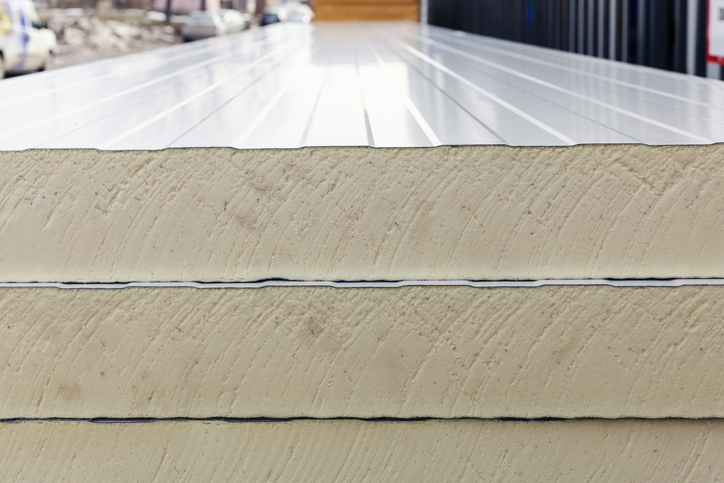
01
Feb 24Polyurethane Rigid Foam Insulation: Is it Right for You?
- February 1, 2024
Should You Choose Rigid or Flexible Polyurethane Foam Insulation?
Polyurethane, a versatile material with applications spanning numerous industries, presents a crucial decision point for users — choosing between polyurethane rigid foam insulation or its flexible counterpart.
Read more
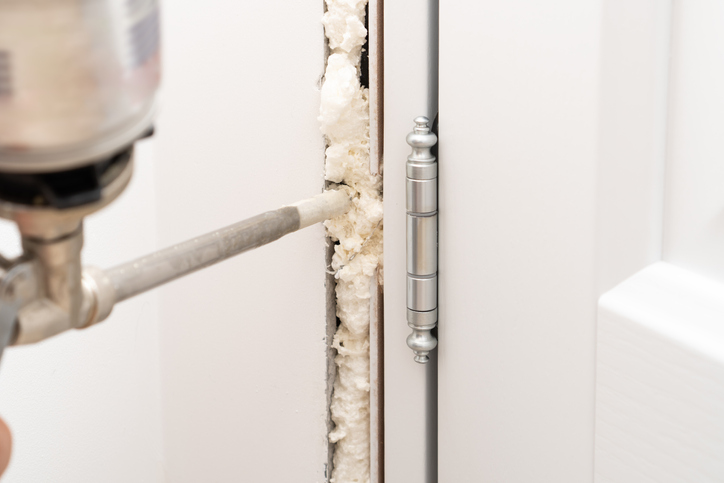
15
Dec 23What is Polyurethane Used For?
- December 15, 2023
Read more
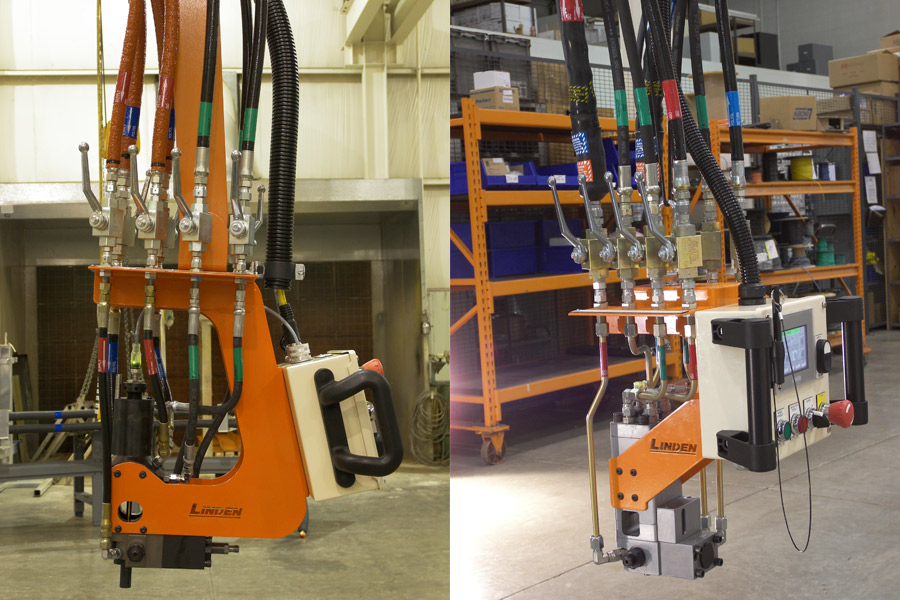
29
Nov 23Optimizing Production with Polyurethane Mix Processing Equipment
- November 29, 2023
Precision in Mixing Critical for Polyurethane Manufacturing Success
Polyurethanes play integral roles in countless products we use daily. They provide abrasion resistance in coatings, durability in adhesives, cushioning in furniture, and performance in everything from footwear to cars. However, realizing the full potential of these versatile polymers requires meticulous attention to precision during processing. In particular, achieving the optimal polyurethane mix — the ratio of polyol and isocyanate components — is critical for material properties, productivity, and profitability.
Read more
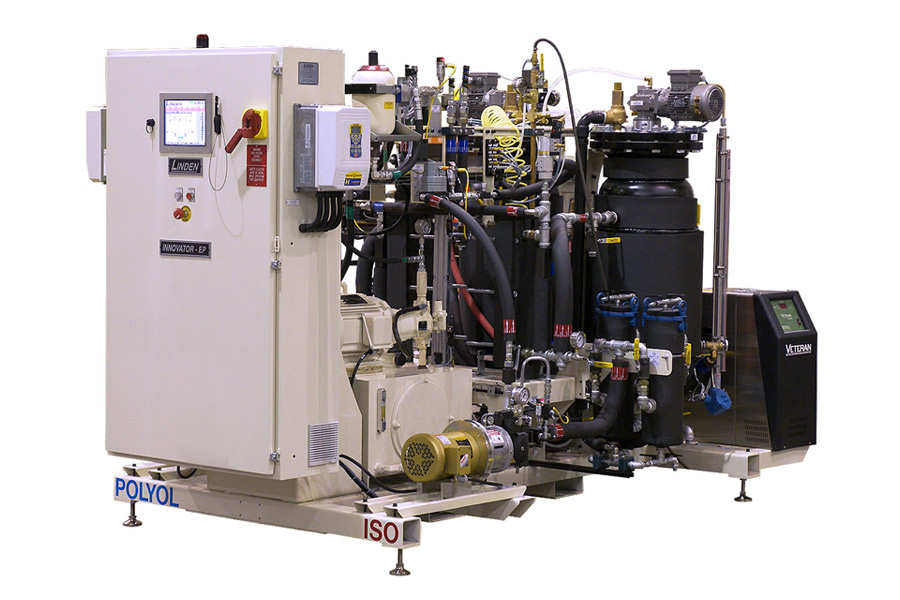
18
Oct 23The Essential Guide to Polyurethane Processing Machinery
- October 18, 2023
Wide Range of Equipment Impacts Production, Performance
Polyurethane is an incredibly versatile material utilized across various industries from automotive and aerospace to construction and healthcare. To process and manufacture high-quality products, investing in the right polyurethane processing machinery is crucial.
Read more

28
Sep 23Understanding the Impact of AI in Manufacturing
- September 28, 2023
Artificial Intelligence is Powering Industry 4.0
Unless you’ve been stuck on a desert island, it is impossible to ignore the rise of artificial intelligence in 2023. Advancements in AI have energized business applications across every industry, including manufacturing. AI in manufacturing is transforming and redefining how factories operate, boosting efficiency, and driving innovation. Even manufacturers working with polyurethane can benefit from the adoption of this technology.
Read more




